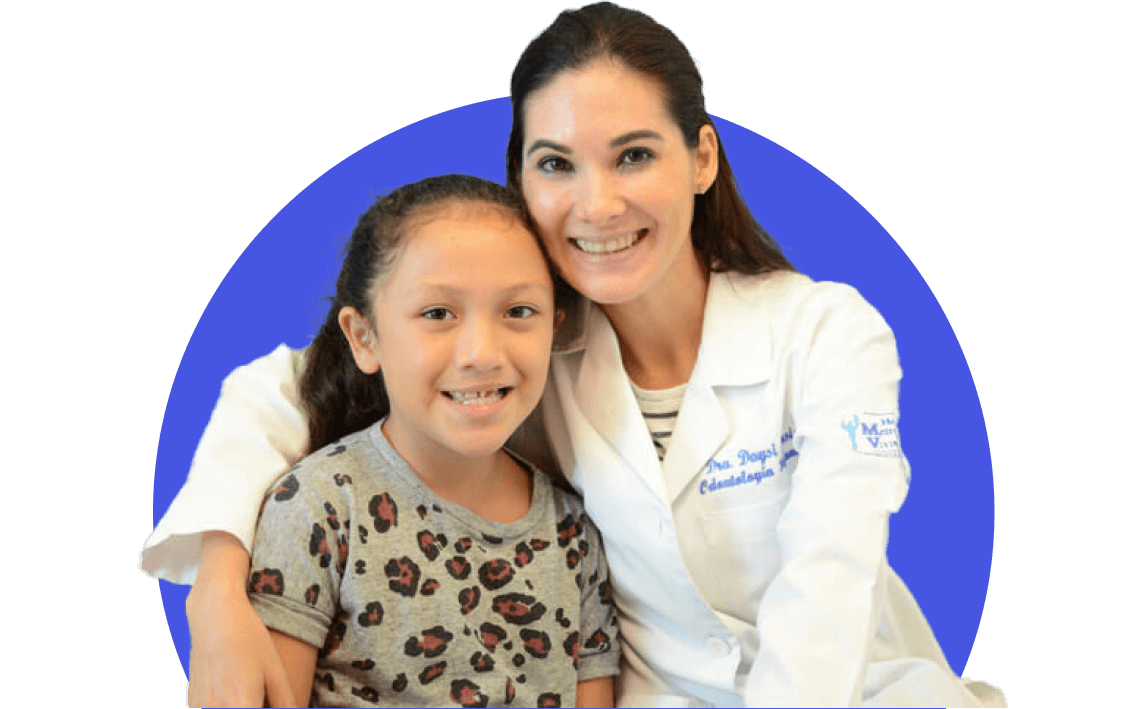- Cleft Home
- What is Cleft Lip and/or Palate?
- Prenatal Diagnosis
- Feeding Your Baby
- What is a Cleft Team?
- Surgery
- Hearing, Speech, and Dental Care
- Paying for Treatment
- Managing Feelings
- Craniofacial Conditions
- Toddlers and Preschoolers
- The School-Aged Years
- The Teenage Years
- Letter to a Teacher
- Information for Adults
- Support Organizations
- Learn More: Downloads
- Cleft Home
- What is Cleft Lip and/or Palate?
- Prenatal Diagnosis
- Feeding Your Baby
- What is a Cleft Team?
- Surgery
- Hearing, Speech, and Dental Care
- Paying for Treatment
- Managing Feelings
- Craniofacial Conditions
- Toddlers and Preschoolers
- The School-Aged Years
- The Teenage Years
- Letter to a Teacher
- Information for Adults
- Support Organizations
- Learn More: Downloads
Will my child’s speech be delayed?
Palate-repair surgery, the operation to close a cleft palate during infancy, has advanced over the past few decades such that a majority of children born with cleft palate will develop good speech once their cleft is closed.
Some children born with cleft palate experience speech and language delays, depending upon a variety of factors including their overall health, the condition of their ears and hearing, and the age at which their palate was successfully closed. Speech and language development is also affected by the same factors of any toddler or preschooler, such as how much opportunity they have to practice their language skills with parents and others around them.
How can I ensure sure my child develops good speech and language?
The speech-language pathologist (SLP) on your child’s cleft team should see your child regularly during the first two or three years of life. The SLP will track speech and language development and recommend an early intervention program if needed.
Parents and caregivers also need to encourage a child’s speech and language at home, starting with talking and reading to a baby and continuing into the school-age years and beyond. Adults need to speak clearly and at a natural volume. They also need to make sure that the child understands what she/he hears.
What problems can arise with speech?
It is common for children whose clefts involved the maxillary alveolar ridge (upper gum) to have minor speech problems due to misaligned or misshapen teeth. Consonants such as “s”, “z”, “sh”, “j”, and “ch” may be affected. These problems may go away when the permanent teeth emerge or when an orthodontist corrects the alignment of the teeth or replaces missing teeth during the child’s later years.
It is not always easy to determine if a child’s teeth are responsible for a specific speech problem. SLPs are most concerned when a child is not pronouncing sounds and words correctly and is using the throat or nose to produce speech instead of the mouth. If you suspect this issue is occurring, be sure to speak with your child’s SLP.
Why are speech and language skills so important at this age?
A child needs to be understood at an age-appropriate level in order to develop speech and language skills. If a child’s caregivers are unable to interpret what a child is saying, they will not be able to reinforce the child’s efforts to communicate—and the child’s abilities will not expand appropriately.
The good news is that this cycle is avoidable—and the SLP on your child’s cleft team can help. Be sure to speak with your child’s SLP for guidance.
Will my child need speech therapy?
Many children born with cleft palate need speech therapy at some point during childhood. Public school districts are required by law to offer speech and language therapy to any child aged three years or over when such therapy is needed. They must provide these services even to children who are enrolled in a private preschool, if the family lives in their district.
Be sure to work with the SLP on your child’s cleft team to determine your child’s needs and make a plan. Remember that early intervention is key.



